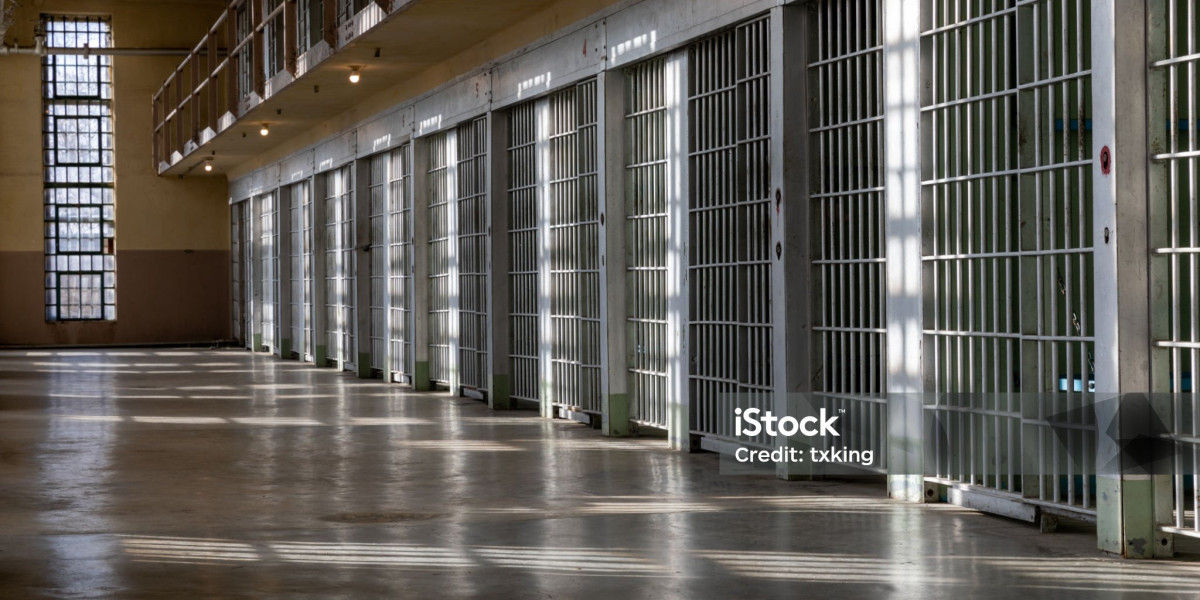Chris Carr, the Attorney General of Georgia, is optimistic that the Federal Communications Commission (FCC) will intervene to put an end to unlawful prison phone calls. He is not acting alone; in January 2023, he collaborated with 21 other Attorneys General in signing a letter that called on Congress to tackle this pressing concern.
In a letter addressed to the FCC, Carr emphasizes the persistent use of illegal cell phones to coordinate violent acts and other criminal endeavors, urging a reassessment of the FCC's ban on jamming devices in state and local jails and prisons. He contends that this restriction hinders effective law enforcement measures, endangers correctional officers, and exacerbates the proliferation of criminal activities within correctional institutions.
According to Brad King of the Baldwin County Sheriff’s Office, this concern transcends the boundaries of the prison. “There is no question that it is a public safety issue,” King informed WMAZ-TV.
Since the beginning of 2023, authorities have confiscated in excess of 13,000 contraband cell phones from Georgia's correctional facilities. Carr states that jamming would obstruct the radio frequency signal between a mobile device and a nearby cell tower, thereby incapacitating those phones.
According to Washington County Sheriff Joel Cochran, the presence of cell phones provides inmates with considerable influence. He noted, "Inmates can reach out to witnesses, intimidate victims, or collaborate with drug traffickers to conduct transactions. This highlights the serious implications of something as seemingly innocuous as a phone."
According to Carr, the FCC's prohibition on cell phone jammer was established in the early 1990s, well before inmates started using unauthorized cell phones to plan and execute illegal and hazardous actions. He contends that this ban is no longer in the public's best interest and highlights that the U.S. Bureau of Prisons is authorizing the use of jamming technology in several prisons, including at least one in Georgia.
The FCC has granted permission for the testing of jamming devices in prisons. However, a critical challenge is to ensure that these signal jammers function exclusively within the prison environment and do not interfere with the communication capabilities of first responders operating outside, according to Inside Towers.
According to King, inmates equipped with mobile phones are engaging in fraudulent schemes to siphon money from community members, effectively eliminating any evidence. "The use of burner cell phones hinders our ability to trace these actions. It significantly complicates our investigative efforts," King explained.
In his letter, Carr asserts that the implementation of this technology would restrict inmates from having unauthorized communication with anyone outside the prison environment.
According to Cochran, the fundamental issue revolves around the public safety risks that impact prison staff and other inmates. "These facilities serve as their homes. It is crucial for them to have a safe living environment. We aim for the public safety staff in these facilities to carry out their responsibilities in a secure manner," Cochran conveyed to WMAZ-TV.







